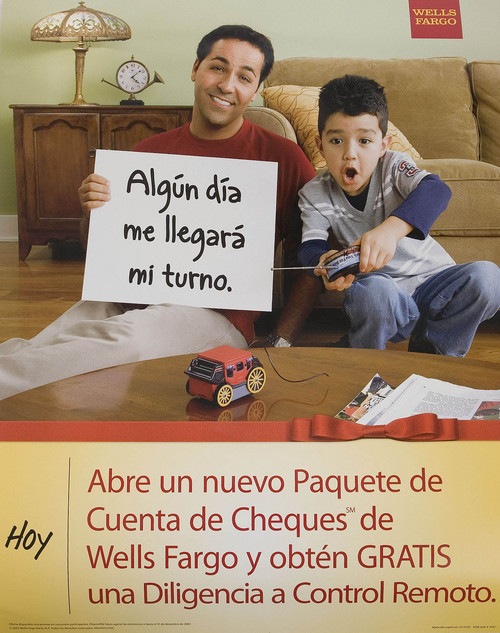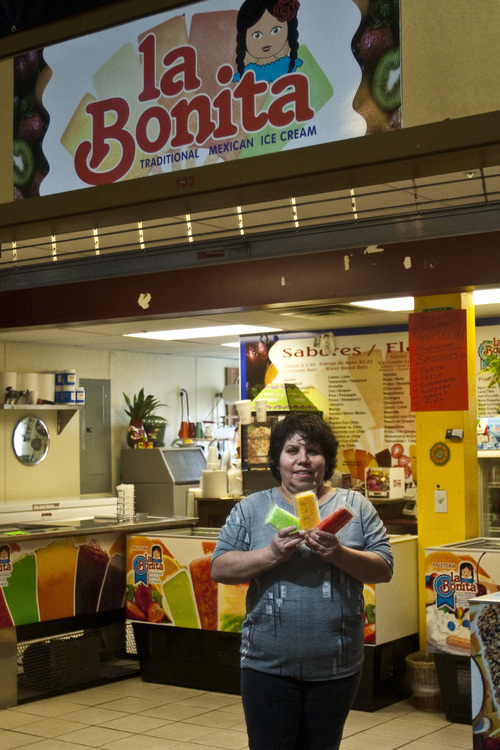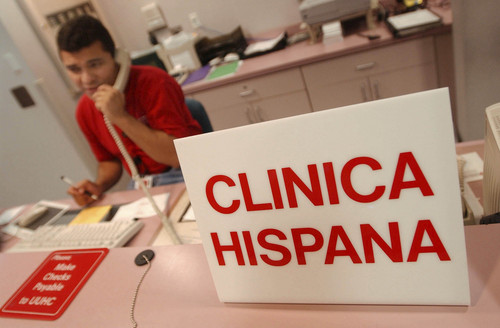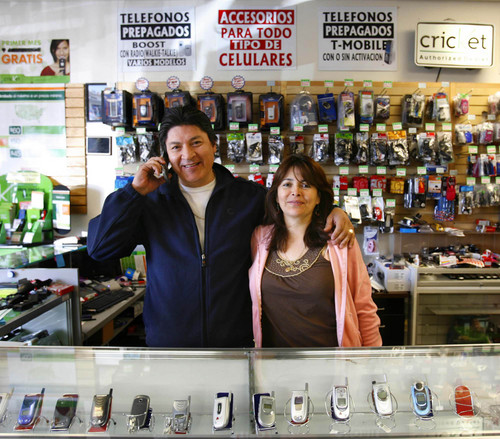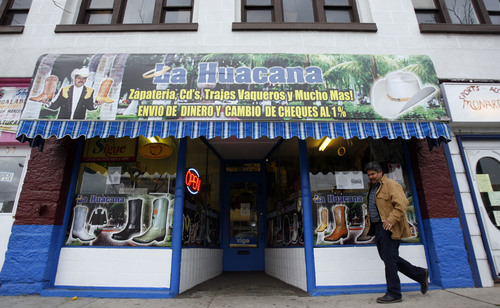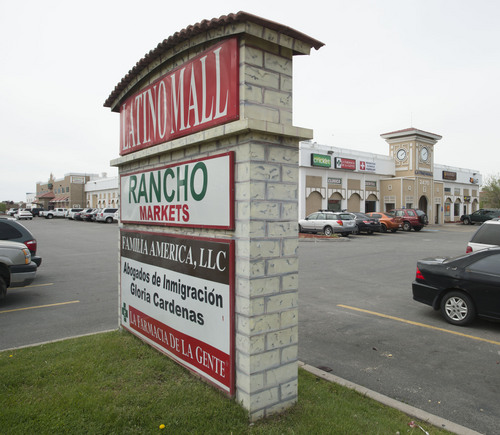This is an archived article that was published on sltrib.com in 2014, and information in the article may be outdated. It is provided only for personal research purposes and may not be reprinted.
When Tony Yapias came to America at age 14 from Peru, he spoke no English. By the time he attended college, he forgot how to speak Spanish well — which he discovered the hard way in some upper-level Spanish literature classes.
"I got spanked. It's one thing to talk in Spanish, and another to speak and write it well with proper grammar," said Yapias, director of Proyecto Latino de Utah. "I was immersed in English in school when I arrived, so I learned it and its grammar well" while forgetting some key native Spanish.
Yapias is among the half of foreign-born Utahns who speak English "very well," according to estimates released Tuesday by the U.S. Census Bureau — 51.6 percent to be exact in 2012.
That is not significantly different statistically from the national average of 49.9 percent.
In Texas and Nebraska, about 41 percent of foreign-born residents speak English "very well," the lowest in the nation. The highest is in Maine, where about 74 percent do.
The new numbers show signs that fewer immigrants are learning to speak English well over time. For example, 30 percent of foreign-born residents nationally reported speaking only English at home in 1980 but that has dropped to 15 percent in 2012.
While Yapias says the vast majority of the estimated 240,000 foreign-born immigrants in Utah attempt to learn English and view it as a way to get ahead with jobs here, he also is not surprised that the number of those who do not is creeping upward.
"The Latino community is much larger now," he explained, "so it's easier to survive" without learning English.
In the 1980s, Yapias said, the Latino community was relatively small. Immigrants had to learn English to work, deal with neighbors, even to shop.
"Now there not only are more Latino stores that cater to them, but other stores advertise 'Se Habla Español Aqui' [Spanish is spoken here]. They hire returned [Mormon] missionaries who are bilingual so they can get a piece of the pie" from the 13 percent of Utahns who are Latino, he said. More TV and radio programs are also available in Spanish.
But he said Utah culture is still far from places such as Texas, California or Florida "where pretty much everyone speaks Spanish."
Yapias said that talk of passing immigration reform by Congress also has more immigrants here working hard to learn English "because reform will require it."
Among other findings in the new Census report is that the longer immigrants have been in America, the more they are able to speak English well.
About 44 percent of those who arrived since 2000 have high English-speaking ability, compared with 63 percent among those who arrived before 1980.
"In general, people who migrated to the United States a long time ago speak English better today than those who migrated recently, and those with more education have higher English-speaking ability than those with less education," said Christine Gambino, a co-author of the report. "This association between time in the United States and educational attainment is seen whether immigrants are from Africa, Asia, Europe and Latin America or the Caribbean."
The report said more than half of foreign-born residents from Mexico, China, El Salvador, Vietnam, Cuba and Korea — which all have at least 1 million people in America — speak English less than "very well."
More than 70 percent of immigrants from India and the Philippines — where English is an official language — have high English-speaking ability. —
English among foreign-born Utah residents, 2012
• Number of foreign-born Utah residents: 240,000
• Percent who spoke a language other than English at home: 83.4 percent
• Percent overall who speak English 'very well:' 51.6 percent
• U.S. average of foreign-born who speak English very well: 49.9 percent
Source: U.S. Census Bureau's American Community Survey


